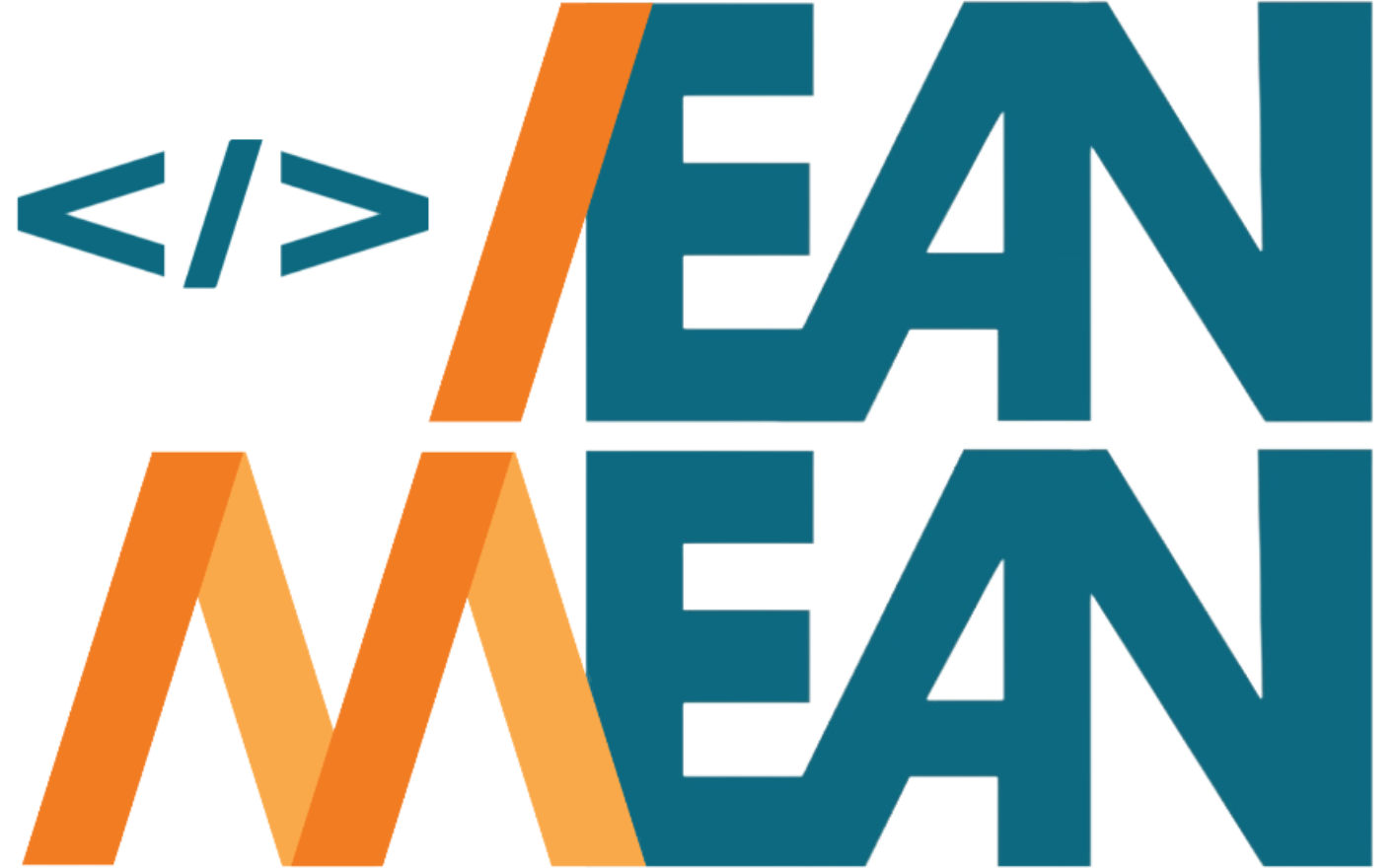Unravelling the Mystery: AI Chatbots and the Case of the Vanishing Textbooks
Welcome, everyone. I am an expert in the field of Artificial Intelligence, and there is a recent controversy that’s piqued my interest. It concerns OpenAI’s chatbots in the GPT Store, and it’s about how they might be turning into textbook thieves! As peculiar as it sounds, it’s true. Let’s delve deeper into the matter without further ado.
The Open AI’s GPT Store and the Chatbot’s Charm
OpenAI has made waves in the tech world with its advanced AI technologies. It’s most famed for the GPT Store, a virtual hub that is a real game-changer. Here, end users can connect with AI chatbots for various services.
These chatbots are unique as they have been programmed with OpenAI’s most advanced language model, GPT-3. Their capability to understand and respond in natural language is indeed impressive. However, recently, they have found themselves in hot water over copyright claims. Yes, you heard right. The AI Chatbots stand accused of stealing content from textbooks!
The Role of AI Chatbots in the Copyright Quagmire
The issue here is quite intriguing. These AI chatbots, much like their human counterparts, need information to operate. They generate responses based on numerous sources available on the internet, which include not only free-to-use data, but possibly copyrighted texts as well.
This potential violation of copyright is where we find ourselves puzzled. Can we accuse AI chatbots of thievery? They are, after all, not humans but AI programmed to tap into all possible resources to provide accurate answers. This raises complex legal and ethical dilemmas.
OpenAI’s Response to the Copyright Claims
OpenAI, in response to the growing uproar, has issued a controversial stance. They have declared their chatbots are within legal and ethical bounds. Their reasoning is that the chatbots merely reference facts and not the creative content of the books.
Proponents of this view argue that facts are not subject to copyright laws. They claim that a fact, once made public, is no longer private property. This brings into focus a riveting legal dogfight.
Legal Standpoint on the Chatbot’s Alleged Textbook Thievery
The legal aspect of the textbook heist is one that deserves a closer look. While it might seem straightforward that plagiarized content would fall foul of the law, the AI chatbots occupy a grey area. Their lack of human agency and sentience puts them in a legal limbo, making prosecution a complex matter.
While copyright law takes a dim view of plagiarism, it typically only applies to humans or corporations. For AI chatbots, this law doesn’t fit snugly. This highlights the urgent need for new legislation to address such instances. But until then, the debate rages.
Ethics and The Future of AI
This incident raises critical questions about the ethics of AI. While AI chatbots are designed to serve users efficiently, could their swiftness be leading them down a slippery path towards copyright infringement? If so, is it not incumbent on OpenAI to enforce mechanisms to prevent such instances?
These are questions that provide food for thought for authorities, users, and AI developers alike. As the world continues to integrate AI into everyday life, it is paramount to ensure the technology remains respectful of existing societal norms and legal frameworks.
Final Thoughts
This entire episode surrounding OpenAI’s chatbots has set a precedent for future discussions on AI and its implications. It raises compelling questions about copyright, ethics, and the future of AI, which we as a society need to address upfront. It’s truly a case of the robot rebellion with a twist, isn’t it?
As we stand on the precipice of the AI revolution, get ready for many more exciting, troubling, and intellectually stimulating incidents. Stay tuned, my friends, as we together navigate this fascinating journey of AI and its implications in our lives.


